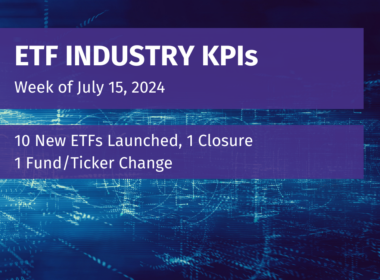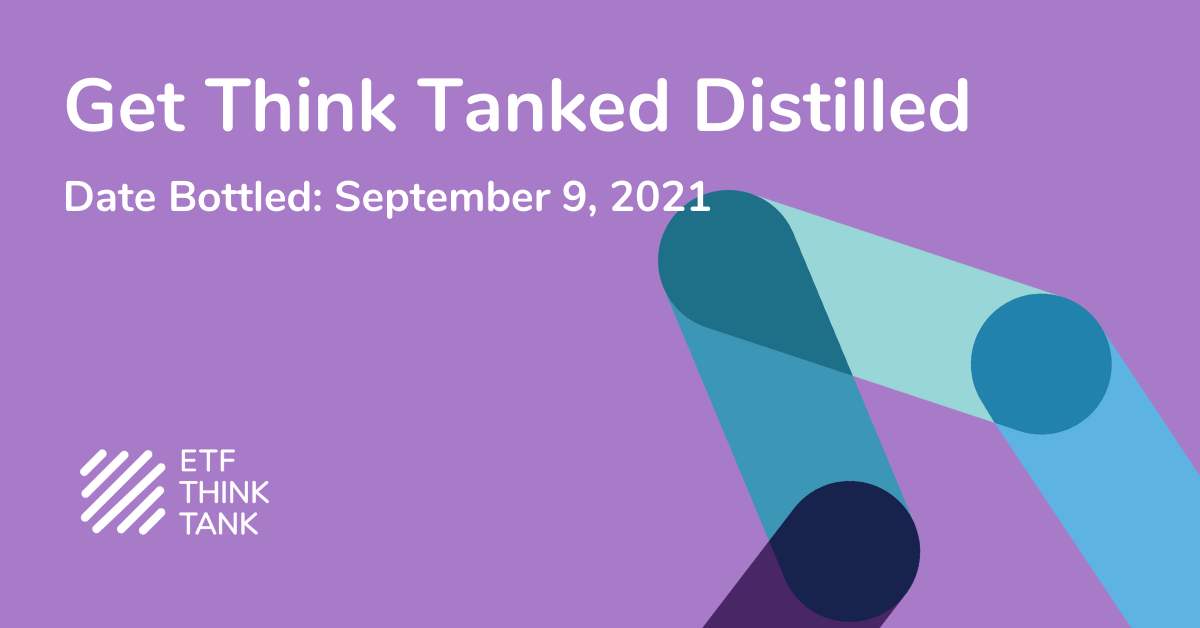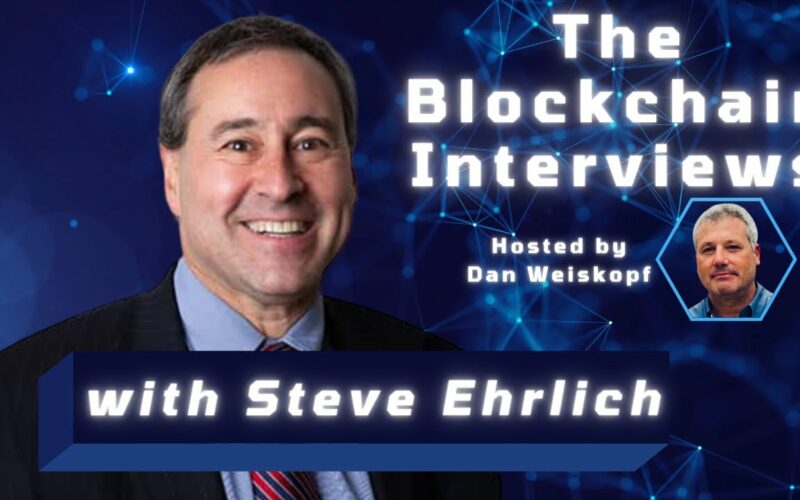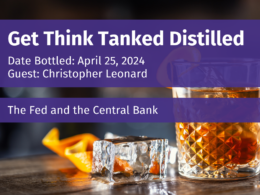Without an official guest this week, the Get Think Tanked panel decided to turn the tables back on themselves. The usual slate of co-hosts – Michael Gayed, Mike Venuto, Dan Weiskopf and David Dziekanski – instead posed the questions to each other, discussing everything from the inner workings of an ETF issuer, innovation within the ETF marketplace, the potential in alternative ETFs and, yes, Bitcoin.
The first part of the discussion focused on the investor mindset and how it’s impacting overconfidence. Gayed notes that because we are in the midst of an environment where most asset prices have gone up, it’s created an echo chamber where people are willing to insult others because they feel they’ve been proven right. People seem to think that they have some type of special knowledge about the markets, while they simply think they know an unknowable future.
One of the frustrations of the panel members is how the financial market pundits attempt to ascribe a reason to every short-term movement in the markets. Venuto discussed why many daily changes in the indices are simply because one group showed up more than another. For example, if equities were up, it means there were more buyers than sellers. Gayed refers to a study that said 80% of large daily movements in the market had no true causation. Asset managers need to build portfolios based on specific narratives, but it’s usually fruitless to try to explain why the market went up or down on a specific day.
Toroso tends to focus on bringing more thematic and non-traditional ETFs to the marketplace, so a question arose around what the ETF landscape might look like for ETF innovators over the next several years. The group agreed that more unique and high turnover strategies will become more prevalent. Because major ETF issuers, such as BlackRock, likely won’t move hard into innovation strategies since their bread and butter (low-cost indexing) and the low yield environment of fixed income becomes less attractive, it opens up the market for non-traditional solutions, such as liquid alternatives. Venuto says that Toroso will continue to push the envelope with innovative ETF ideas, especially in difficult markets, and the company is excited about the potential in the alts space.
The innovators, however, could have a tough time. Gayed points out that it’s been the S&P 500 leading the way lately because that’s where all the money goes (he also mentions that about 40% of flows are currently going to S&P type products). In that type of environment, it’s going to be challenging for the innovators to break through. Dziekanski notes that a lot of issuers don’t necessarily appreciate this fact and he sees many trying to follow what worked 6-12 months ago instead of focusing on where things are going. Weiskopf talked about how 20% of all new ETF launches lately are actively-managed, so it’s no longer a marketplace where ETFs are mostly index funds because issuers are looking for ways to achieve alpha.
In terms of what the panel sees in the current markets:
- The debate continues over whether Bitcoin should be considered a store of value. Gayed says absolutely not. Venuto notes that it could get there eventually in 25-50 years, but there will be some significant evolution in the crypto space along the way.
- Gayed mentions the possibility that the Treasury market is sniffing out a U.S. credit downgrade in light of the upcoming debt ceiling debate. Others think that Treasuries are still the best bet and think it’s much more financially sound than most other options. If foreign investors are still investing heavily into U.S. assets, U.S. Treasury debt is probably still safe. The system is overleveraged, so excessive downside risk is there, but the demand will likely remain intact.
- China is still a major risk to the markets, and we could still see some of that damage make its way back to the FANG stocks. Even though China tanked over the past three months, growth was still way up while value was relatively flat, so investors may not see much risk there. There might be some potential in small-cap growth, but the risk might still be there for tech.
- Venuto calls investing in the Nasdaq 100 a “dartboard” strategy and thinks choosing to invest in a basket of stocks based on where they’re listed isn’t a logical strategy.
This week our guest will be Steven Van Metre, joining us to discuss macro strategies, and bonds. Sign up here.
Disclosure
All investments involve risk, including possible loss of principal.
The information provided here is for financial professionals only and should not be considered an individualized recommendation or personalized investment advice. The investment strategies mentioned here may not be suitable for everyone. Each investor needs to review an investment strategy for his or her own particular situation before making any investment decision.
All expressions of opinion are subject to change without notice in reaction to shifting market conditions. Data contained herein from third party providers is obtained from what are considered reliable sources. However, its accuracy, completeness or reliability cannot be guaranteed.
Examples provided are for illustrative purposes only and not intended to be reflective of results you can expect to achieve.
The value of investments and the income from them can go down as well as up and investors may not get back the amounts originally invested, and can be affected by changes in interest rates, in exchange rates, general market conditions, political, social and economic developments and other variable factors. Investment involves risks including but not limited to, possible delays in payments and loss of income or capital. Neither Toroso nor any of its affiliates guarantees any rate of return or the return of capital invested. This commentary material is available for informational purposes only and nothing herein constitutes an offer to sell or a solicitation of an offer to buy any security and nothing herein should be construed as such. All investment strategies and investments involve risk of loss, including the possible loss of all amounts invested, and nothing herein should be construed as a guarantee of any specific outcome or profit. While we have gathered the information presented herein from sources that we believe to be reliable, we cannot guarantee the accuracy or completeness of the information presented and the information presented should not be relied upon as such. Any opinions expressed herein are our opinions and are current only as of the date of distribution, and are subject to change without notice. We disclaim any obligation to provide revised opinions in the event of changed circumstances.
The information in this material is confidential and proprietary and may not be used other than by the intended user. Neither Toroso or its affiliates or any of their officers or employees of Toroso accepts any liability whatsoever for any loss arising from any use of this material or its contents. This material may not be reproduced, distributed or published without prior written permission from Toroso. Distribution of this material may be restricted in certain jurisdictions. Any persons coming into possession of this material should seek advice for details of and observe such restrictions (if any).











